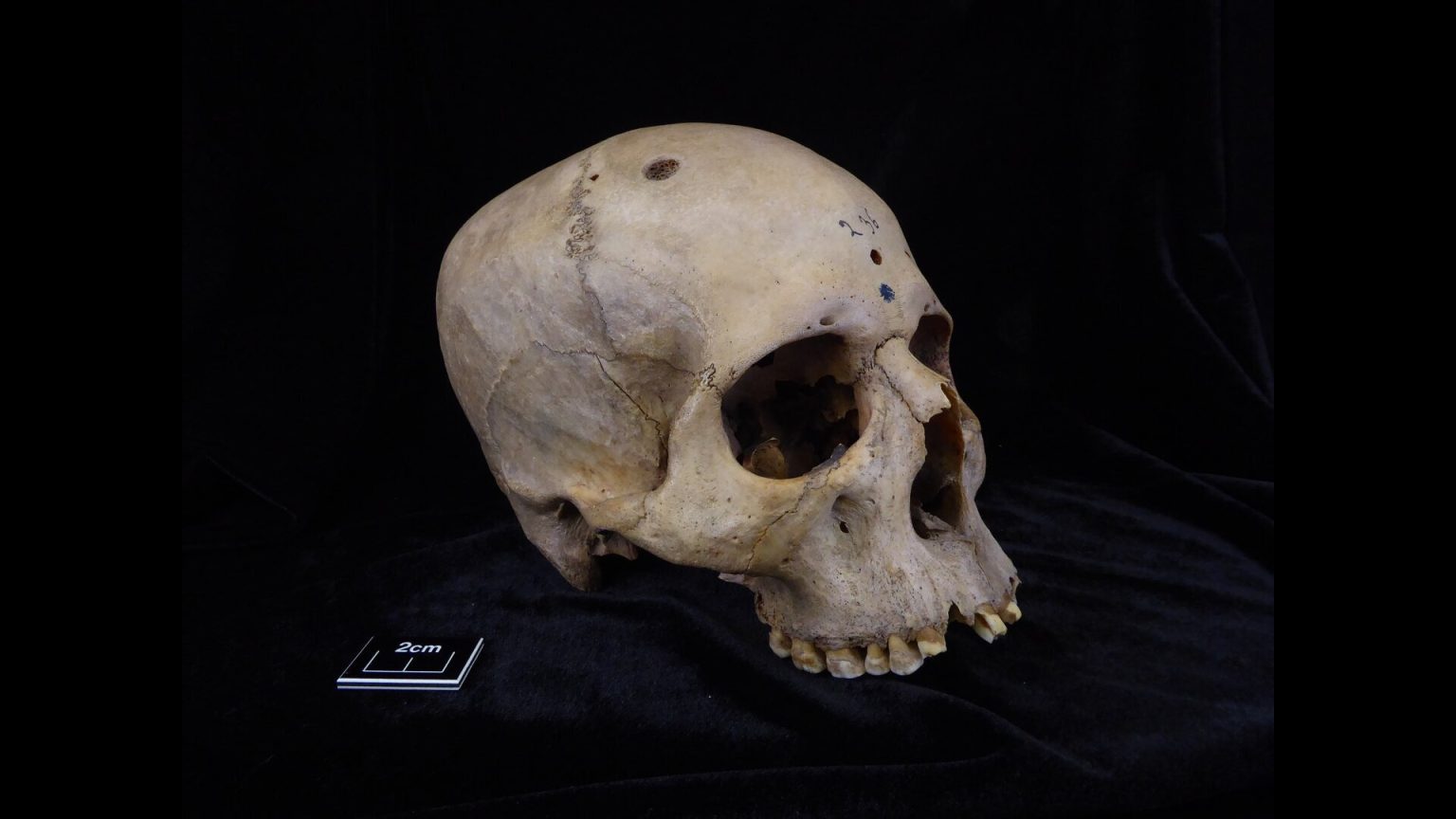A recent study published in the journal Frontiers in Medicine suggests that the ancient Egyptians may have attempted to treat cancer through surgery. Researchers from the Universities of Tübingen in Germany, Cambridge in England, Barcelona, and Santiago de Compostela in Spain analyzed two skulls from ancient Egyptian individuals dating back 4,000 years. The first skull belonged to a male aged 30 to 35 and displayed signs of cancerous lesions with scrape marks indicating an attempt to remove the tumors. The researchers were surprised to find evidence of knife marks around the lesions, suggesting a purposeful effort to extract the cancerous growths.
The discovery sheds light on the role of cancer in ancient societies and how they interacted with this disease. The researchers aimed to understand the prevalence of cancer in antiquity and how ancient civilizations dealt with such pathologies. The second skull, belonging to a female over 50 years old, also showed signs of a cancerous growth along with scars from traumatic injuries, one of which may have originated from a close-range attack with a sharp weapon. The findings challenge traditional views of the roles of women in ancient Egyptian society and raise questions about their participation in warfare activities.
Lead author Edgard Camarós described the findings as extraordinary and unique evidence of how ancient Egyptian medicine may have explored cancer over 4,000 years ago. Co-author Albert Isidro, a surgical oncologist, suggested that the presence of surgical marks on the lesions indicates experimental treatments or medical explorations related to cancer conducted by ancient Egyptian physicians. The researchers acknowledge the uncertainties associated with studying skeletal remains but highlight the importance of their research in providing valuable insights into ancient medical practices and societal roles.
While the study contributes to a changing perspective on ancient medical practices and paleo-oncology, the researchers emphasize the need for further studies to unravel how ancient societies dealt with cancer. Despite the challenges of interpreting skeletal remains, their findings offer a glimpse into the medical interventions and techniques used by ancient Egyptians to address cancerous growths. This exciting discovery adds a new piece to the puzzle of understanding life thousands of years ago and underscores the importance of continued research in the field of paleo-oncology. For any tips on science stories or questions about archaeology, you can reach out to Newsweek via email at science@newsweek.com. Newsweek remains dedicated to challenging conventional wisdom and seeking connections in the pursuit of common ground.


